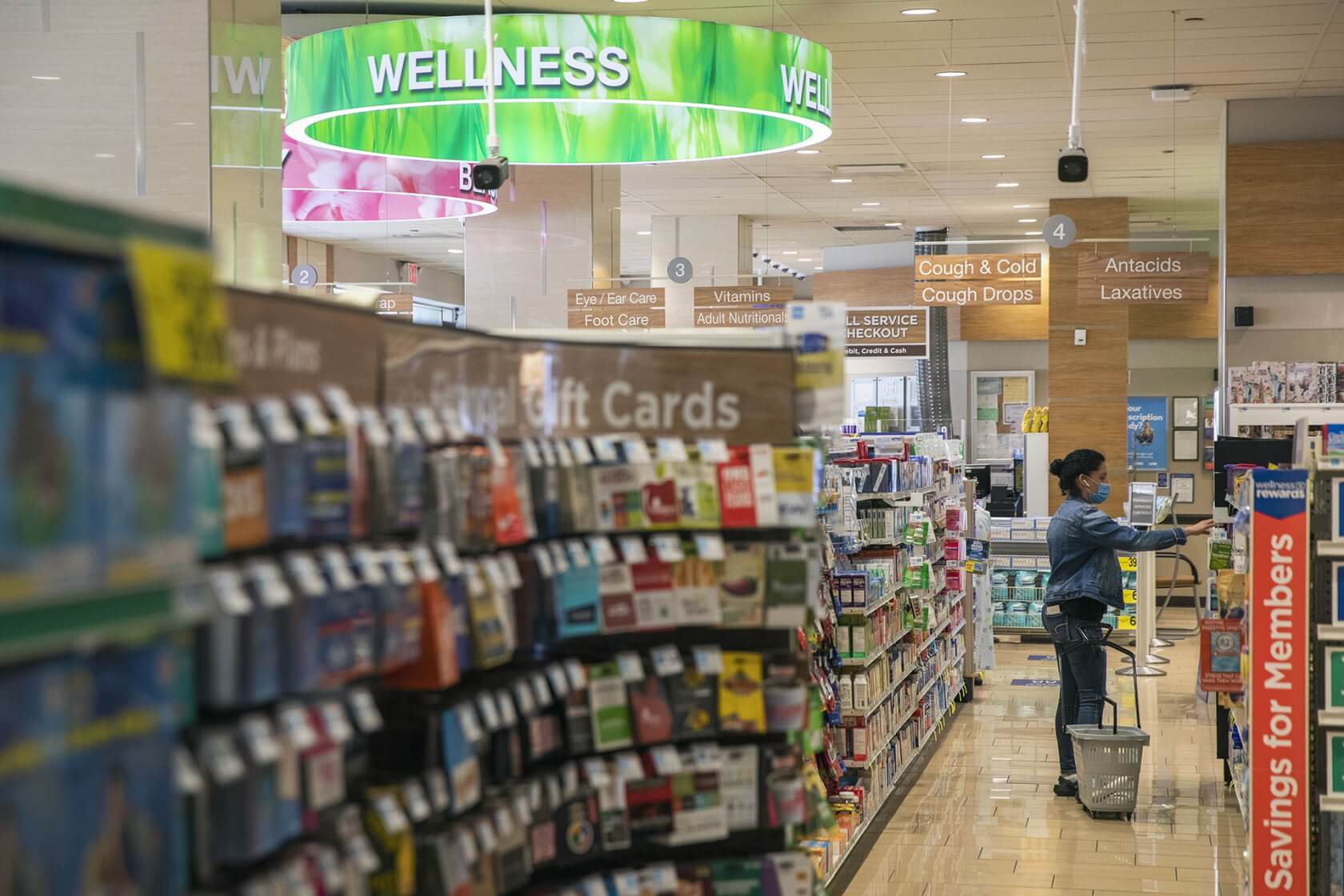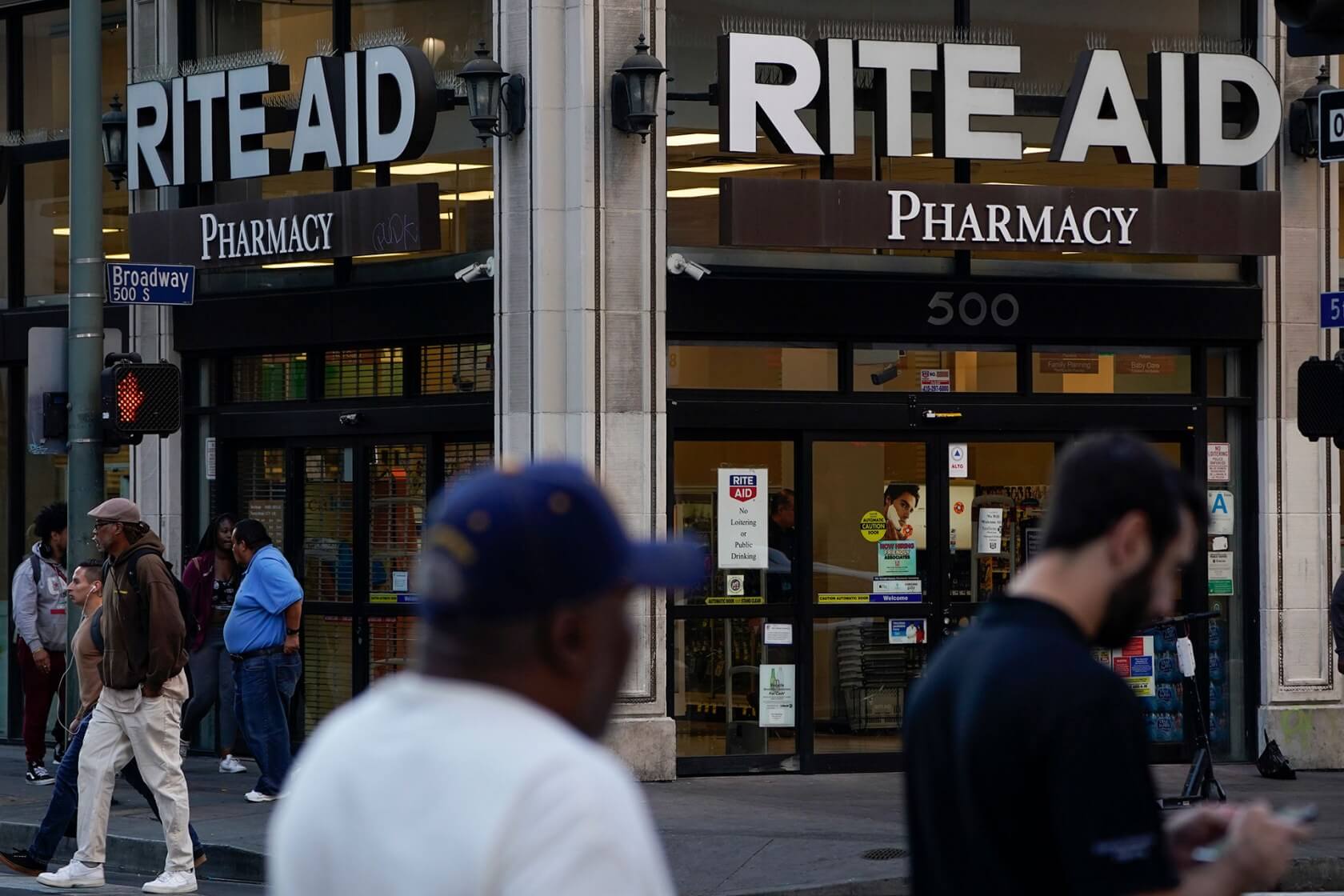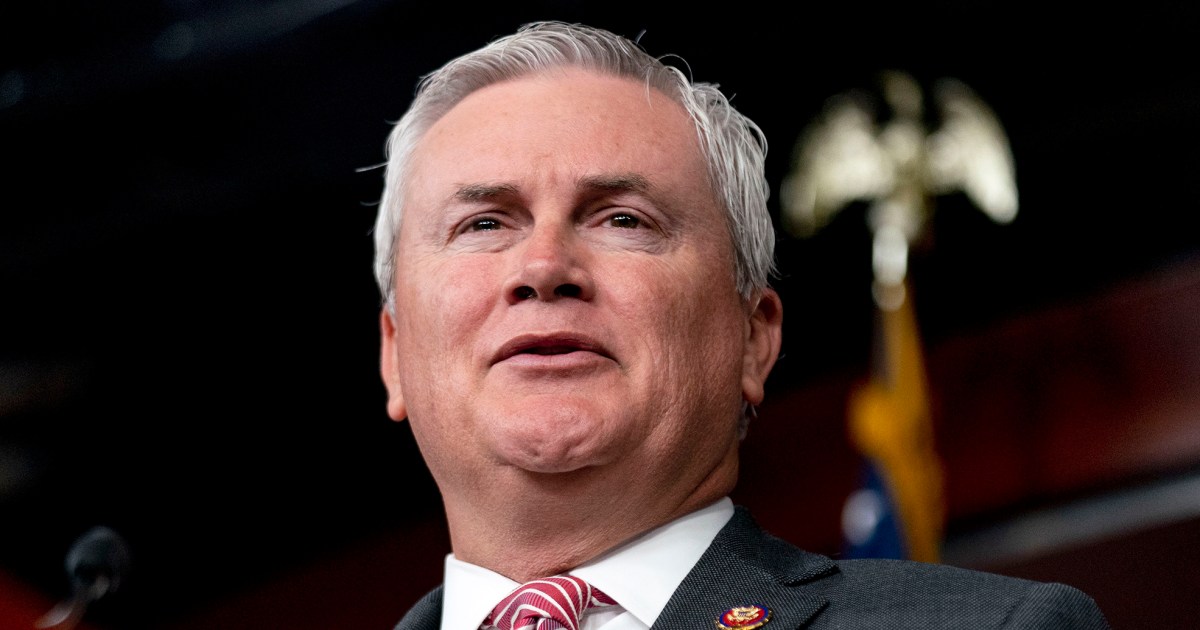(Lack of) privacy: When you think about the use of facial recognition technology, you probably associate it with law enforcement, airport security, and machine learning. However, in certain portions of New York and Los Angeles (among other locations), drugstore chain Rite Aid has been taking advantage of the technology for its own purposes.
This information came to light through a recent investigation by Reuters. During the site’s probe, investigative journalists found that a whopping 200 Rite Aid locations used facial recognition technology to detect potential criminals, such as robbers or shoplifters.
The cameras are not inconspicuous — they are easily visible, and “easily recognizable,” according to Reuters. Indeed, in several cases, Rite Aid security even demonstrated to the outlet’s reporters how the technology works, and what it’s used for.
In short, the cameras look for matches between customers entering the store and those “previously observed engaging in potential criminal activity.” If a match is found, Reuters says an “alert” is sent to the smartphones of Rite Aid security personnel, at which point they can inspect the match and determine whether or not it’s a false positive. If the match is accurate, the worker might ask the individual to leave if deemed necessary.

Reuters says that, of the 75 stores it visited, the overwhelming majority of the ones that had recognition tech deployed were located in poorer areas or areas with a higher concentration of people of color. According to the site, Rite Aids in “whiter” and richer neighborhoods were less likely to house the technology.
After reaching out to Rite Aid with its findings, the company claimed it had already stopped using its facial recognition software, and followed up by stating that the cameras had been shut off entirely. This decision was reportedly prompted by a “larger industry conversation” surrounding facial recognition and its potential privacy impact.
However, the timing of the shutdown suggests the move was a bit more reactive than the company lets on. Nonetheless, it’s still a win for privacy proponents, though it remains to be seen whether Rite Aid will attempt to revive the practice down the line.
Image credit: Reuters



















